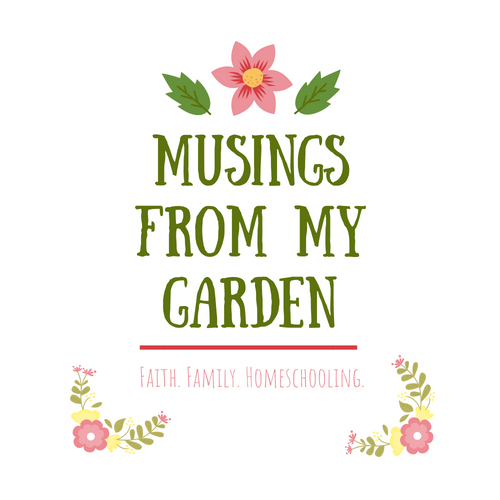What I Wish I Would Have Learned Before I Began Homeschooling – Part Three: Boundaries with Ourselves


I previously shared with you some of the lessons I have been learning about how setting boundaries with our children and with others can help us homeschool more effectively. However, sometimes the biggest boundary conflict does not come from without; it comes from within.
Have you ever felt like your homeschool day just “gets away from you”? You have a plan of everything you were going to accomplish, but at the end of the day, you have only been able to do a fraction of it. How do other moms manage to get it all done?
Are you a good starter but not a good finisher? You love coming up with cool homeschool ideas but have trouble following them through to completion. Are you easily distracted by new, exciting curriculum instead of finishing up with what you already began? Are you unable to say “no” to other pressures that take time away from school?
Do you lose your temper and say things that are discouraging instead of encouraging? Are you financially strapped because you can’t seem to live within your means? You keep trying to get your act together, but nothing seems to work.
If you said “yes” to any of these questions, you might have a problem with internal boundaries.
We are often our own worst enemy. Although setting boundaries with others can be challenging, in the end, we are only responsible to others, but not for them. We are responsible for ourselves, though, making internal problems harder to deal with than external ones. In addition, the strategies we gravitate toward to solve these conflicts may be ineffective. In the book, “Boundaries: When to Say Yes, When to Say No to Take Control of Your Life,” authors Drs. Henry Cloud and John Townsend point out that those with poor internal boundaries may withdraw from relationships when they most need the support of others because of the shame they feel about their personal failures. Instead, they try to use their willpower to solve their boundary problems, thinking that they can just muscle through them.
As I re-read this chapter in preparation for writing this article, I felt convicted. I absolutely do this. Of course, the difficulty of reaching out is that it has to be to someone who will have empathy and respond with love and support. If one already has weak boundaries that developed as a result of a dysfunctional or abusive childhood, it can be hard to know who to trust.
However, making an idol of our own will is not the solution. Be honest with yourself about where you are struggling. Take time to examine what the root causes of those struggles are. Identify the specific boundary conflict and pray for insight into the underlying need that it is masking. Then, admit that you cannot heal yourself, and lay it at the feet of Jesus instead.
“Confess your faults one to another, and pray one for another, that ye may be healed. The effectual fervent prayer of a righteous man availeth much.” – James 5:16
Heather Eberlin is a married mother of four children, ranging in age from seven to twenty-six. She is currently homeschooling her two youngest children and has felt called to share her journey in order to encourage others. She is an amateur gardener who is amazed at the things that God’s creation reveals when you take the time to pay attention to it. You can follow her at Musings from My Garden or download her free Homeschool Organizational Forms here.











































